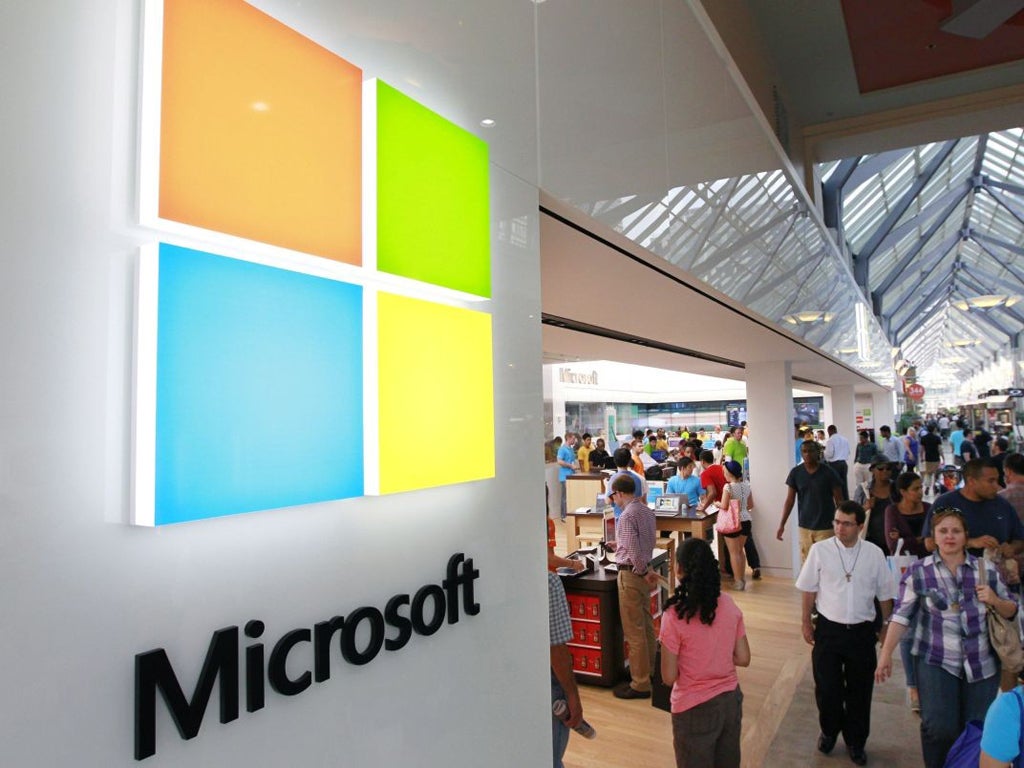NSA scandal: Twitter, Microsoft, Google and Facebook in call to disclose government security requests
Technology companies concerned about public confidence in their security after Prism revelations claimed that US authorities had 'direct' access to servers

Your support helps us to tell the story
From reproductive rights to climate change to Big Tech, The Independent is on the ground when the story is developing. Whether it's investigating the financials of Elon Musk's pro-Trump PAC or producing our latest documentary, 'The A Word', which shines a light on the American women fighting for reproductive rights, we know how important it is to parse out the facts from the messaging.
At such a critical moment in US history, we need reporters on the ground. Your donation allows us to keep sending journalists to speak to both sides of the story.
The Independent is trusted by Americans across the entire political spectrum. And unlike many other quality news outlets, we choose not to lock Americans out of our reporting and analysis with paywalls. We believe quality journalism should be available to everyone, paid for by those who can afford it.
Your support makes all the difference.Major US technology firms have called for authorities to allow them to disclose the security requests they receive to hand over user data amid fears over public confidence that a surveillance programme allegedly had direct access to their servers.
The surveillance programme, known as Prism, came to light last week after a series of leaks by former CIA employee Edward Snowden. Reports claimed that authorities had direct access to the servers of nine major US firms including Microsoft, Google and Facebook.
Prism is a previously unknown programme run in the United States by the National Security Agency (NSA) to access data held by the world’s major internet companies.
Google said allegations that the US government had "unfettered access to our users' data are simply untrue" but added that nondisclosure rules of such requests "fuel that speculation".
US officials defended the programme, saying it is authorised under the controversial Foreign Intelligence Surveillance Act (Fisa). Tech companies cannot disclose whether they have received Fisa requests as they come with gag orders. The American Civil Liberties Union filed a lawsuit on Tuesday over the collection of data from Verizon customers to challenge the legality of the surveillance programme.
Facebook's General Counsel Ted Ullyot said the company "would welcome the opportunity to provide a transparency report that allows us to share with those who use Facebook around the world a complete picture of the government requests we receive, and how we respond."
Microsoft and Twitter have joined calls by Google and Facebook to challenge this and be able to publish how many secret requests they receive.
"Permitting greater transparency on the aggregate volume and scope of national security requests, including Fisa orders, would help the community understand and debate these important issues," Microsoft said in a statement to the Reuters news agency.
Twitter's General Counsel Alex Macgillivray wrote in a post that the company would like support efforts to increase transparency.
Join our commenting forum
Join thought-provoking conversations, follow other Independent readers and see their replies
Comments